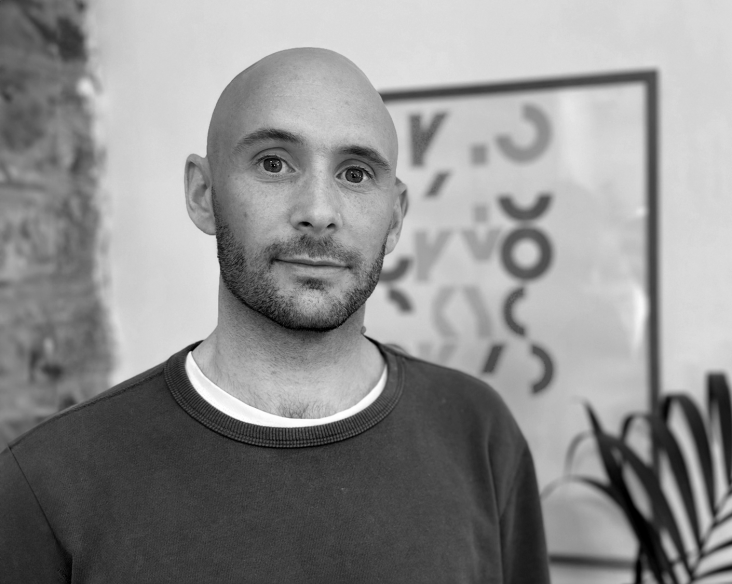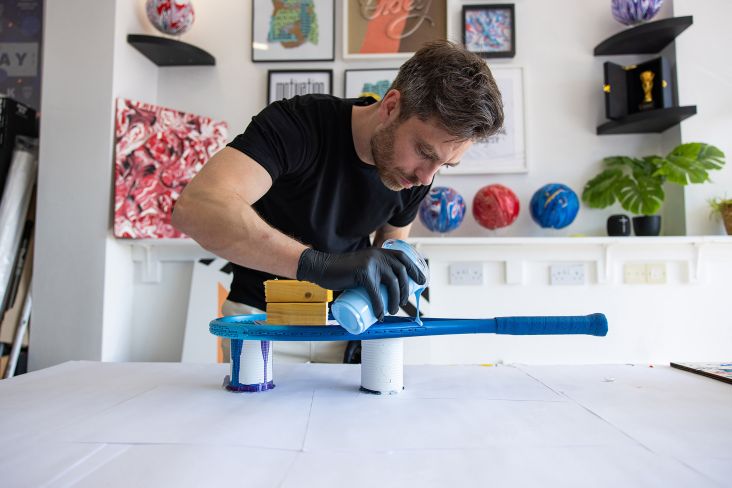No One Likes Us: Photographs that take a second look at Millwall football fans
Supporters of Millwall FC have the worst reputation in British football. A new photo project by London-based photographer Jérôme Favre set out to find whether it is still warranted. And it's now been turned into a new book, too.
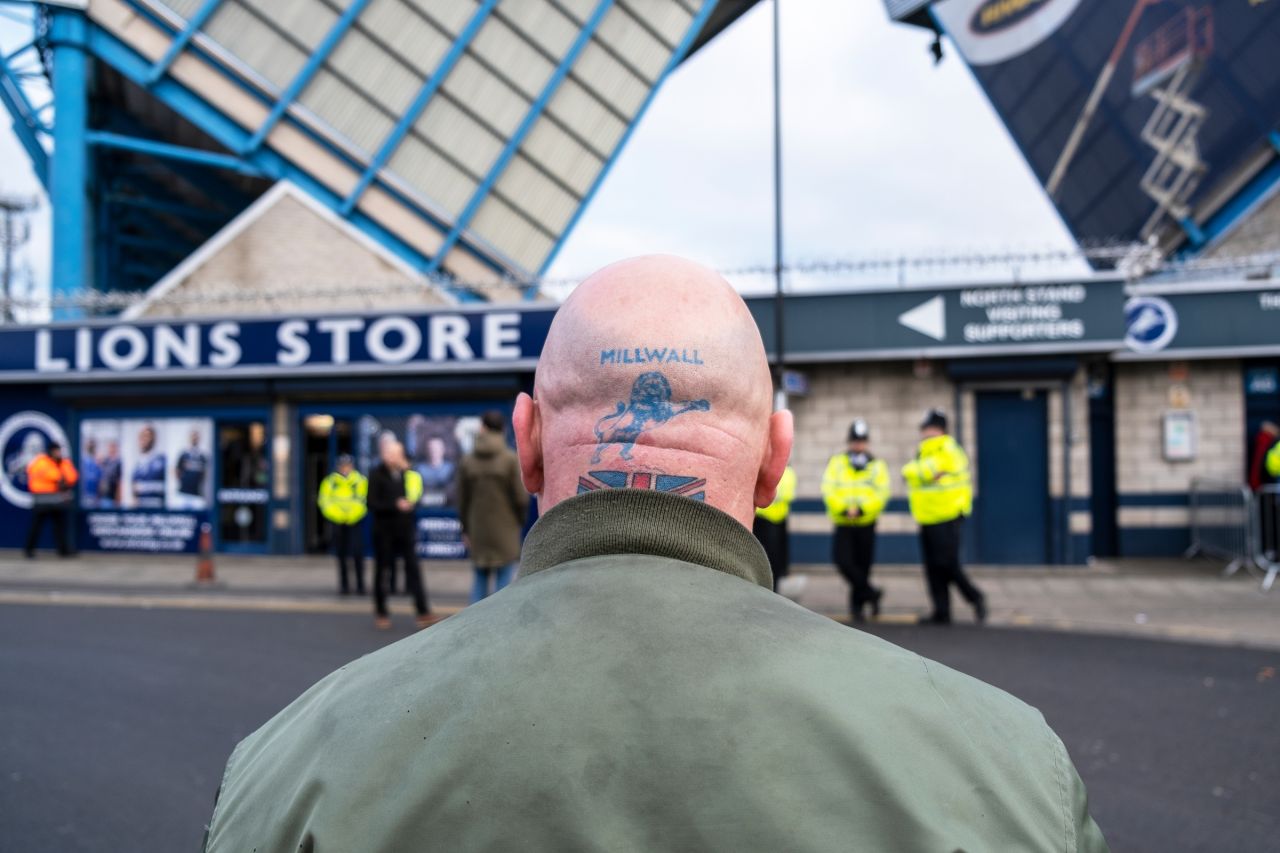
© Jérôme Favre
In the late 1960s, Millwall Football Club developed a reputation for violence and organised football hooliganism. Hence the popular chant from the terraces: "No one likes us, we don't care".
The club, and football as a whole, has changed massively since then, but to most people born in the last century, the reputation remains. And so we were fascinated to hear about a photography project that focuses on what Millwall supporters are actually like today.
Inside story
The project is the work of Jérôme Favre, a French documentary and portrait photographer based in New Cross, London. "Over the last three years, I undertook a project called No One Likes Us, an immersive photo documentary inside the world of Millwall FC," he explains. "It's a fresh look at Millwall supporters that re-evaluates their reputation in contemporary football culture."
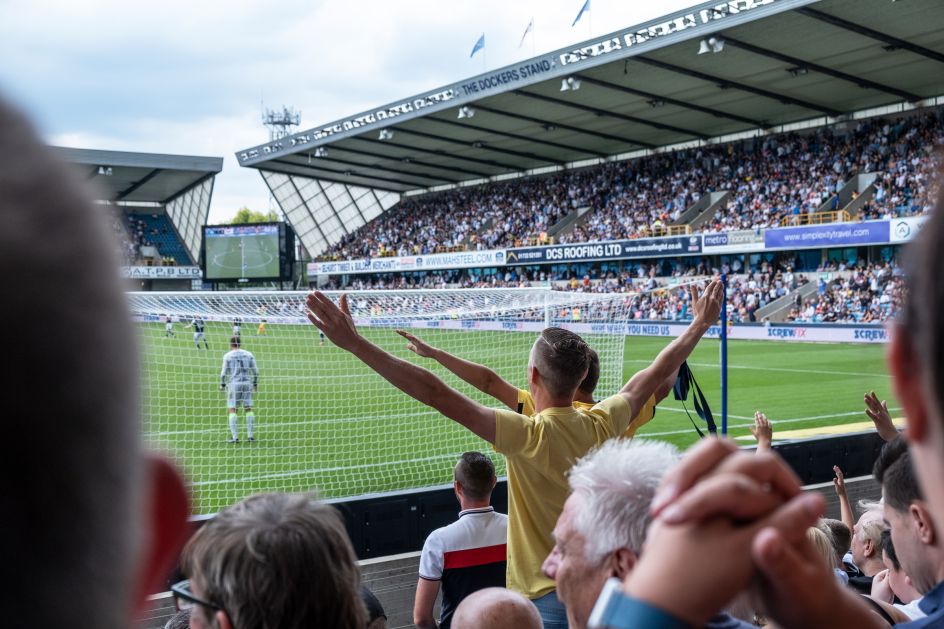
© Jérôme Favre

© Jérôme Favre
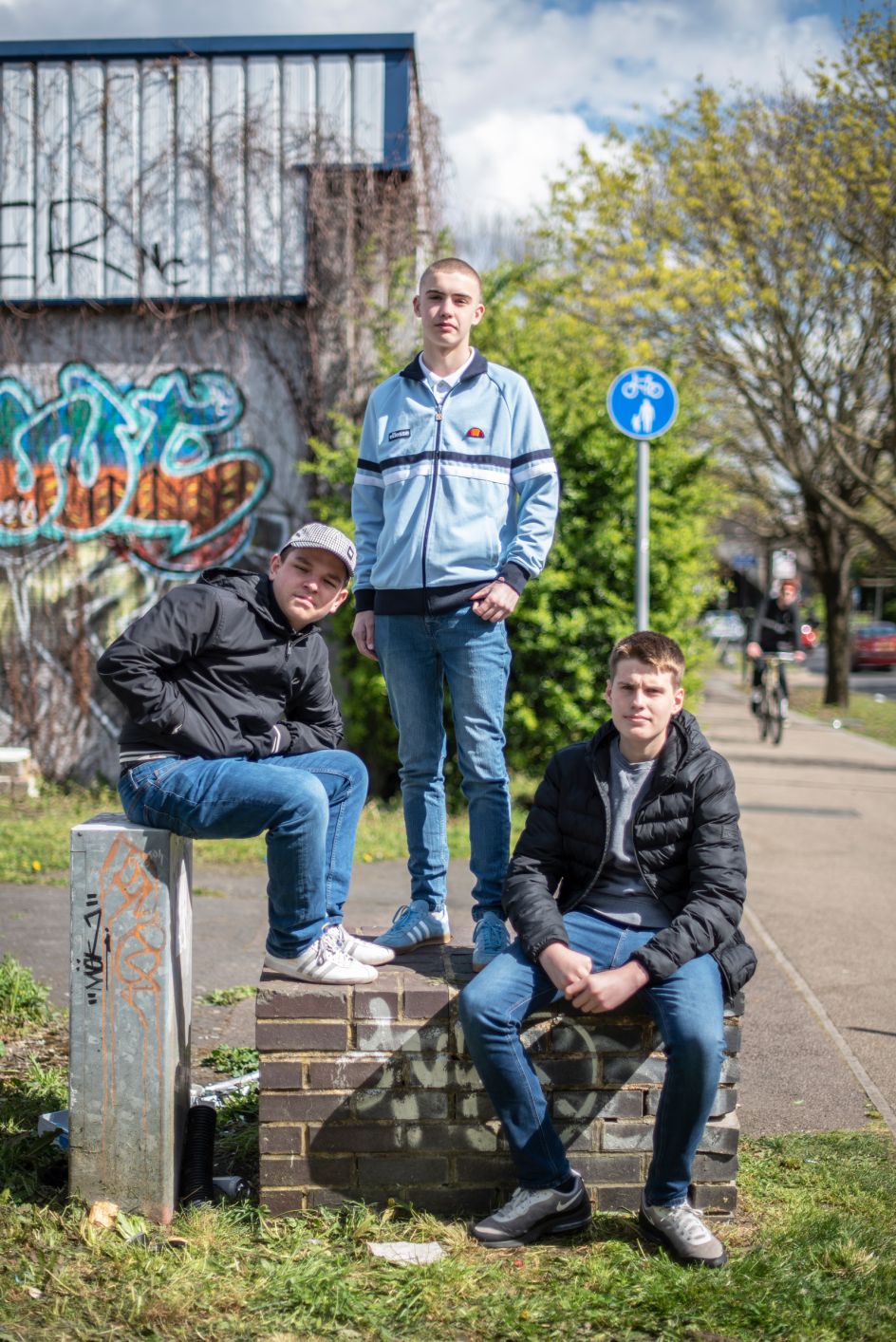
© Jérôme Favre
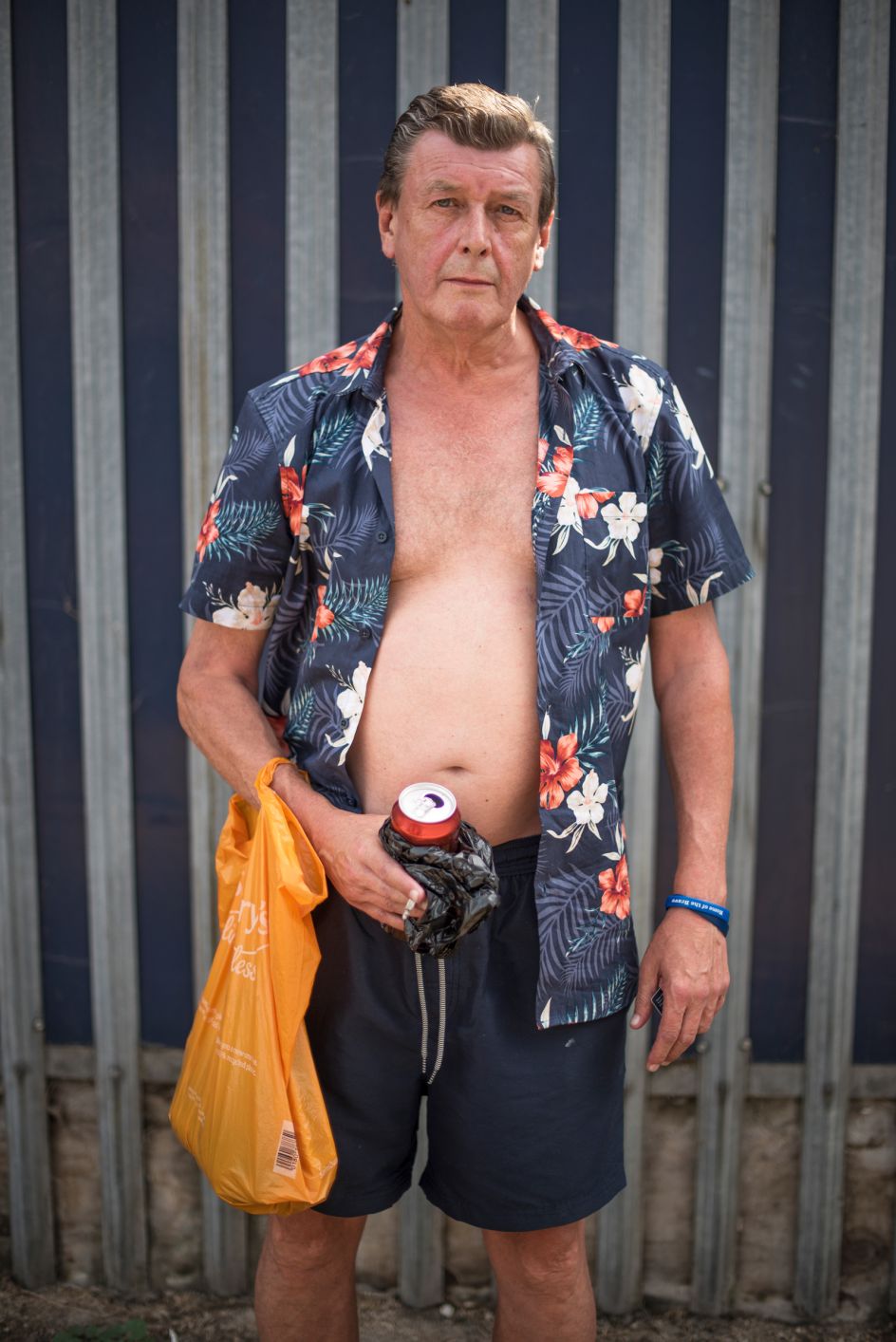
© Jérôme Favre
So what sparked the idea? "The project was borne out of my fascination for football and football culture," he explains. "I found a lot of similarities between my hometown club – RC Lens, in Northern France – and Millwall FC. Both are working-class clubs created around tight-knit communities. I was also curious about Millwall's infamous reputation and wanted to cast an honest look on the club and its supporters.
"I always wanted to do something about football culture, and when I moved to New Cross, my local pub was this weird mix of Millwall fans, Goldsmiths students and random live music. After talking to a few people, I thought it was a great idea for a project, and I started going to the Den every match day, shooting people outside and inside the stadium, and going to nearby pubs and cafés to meet fans and workers.
"It was a little intimidating at first, but people were generally curious about my project. I took the photos over three years, between 2018 and 2022, with a long hiatus due to Covid."
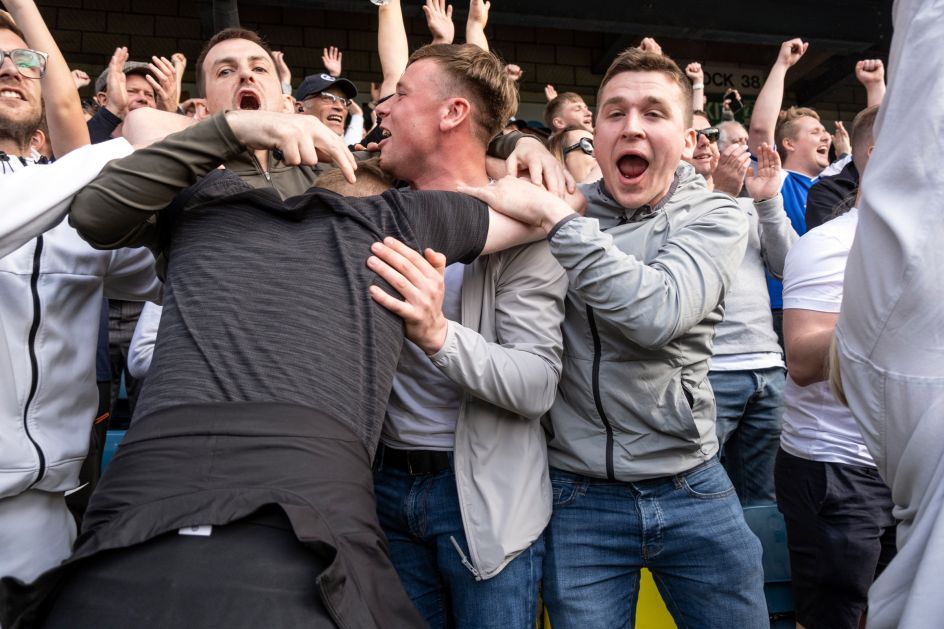
© Jérôme Favre
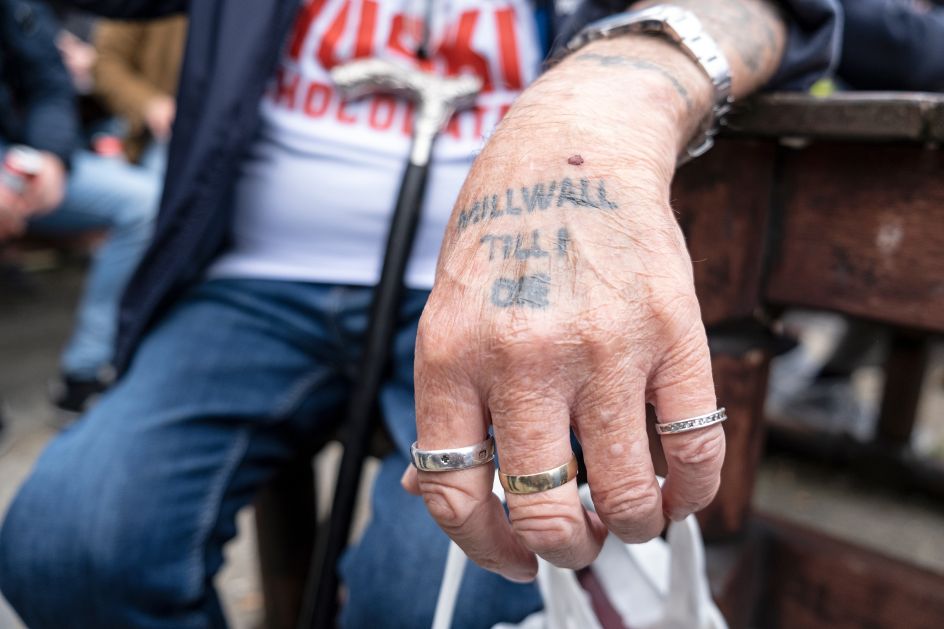
© Jérôme Favre
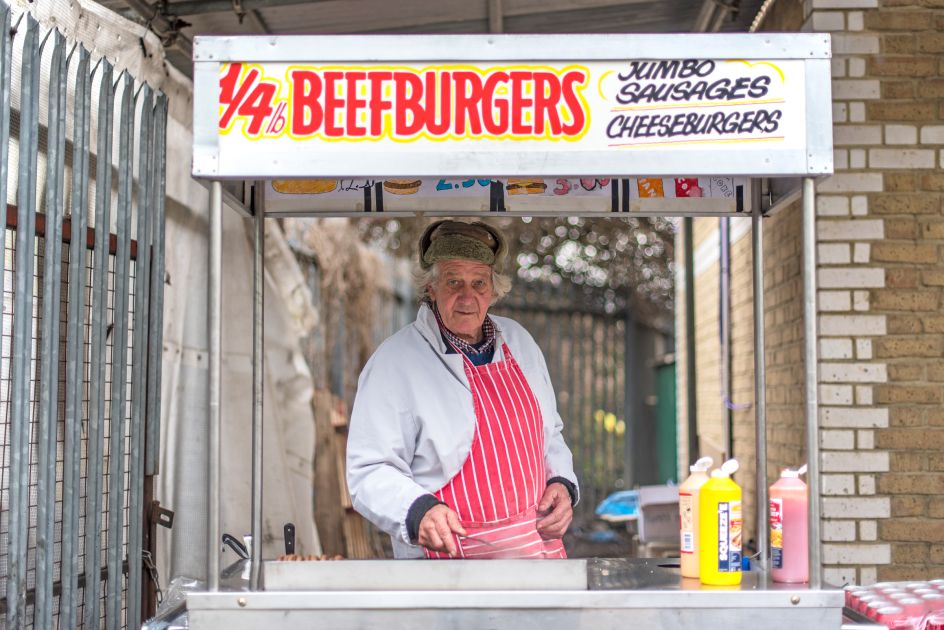
© Jérôme Favre

© Jérôme Favre
Standout moments
He recalls some standout moments from this period. "The people who asked me if I worked for the old bill. A fan who came all the way from Korea and couldn't speak a word of English. The youngsters and the oldies.
"But the person who stands out is perhaps the skinhead on the book cover. Taking photos at Millwall is a fairly intimidating thing to do, but this guy genuinely looked scary. When I saw the tattoos on the back of his skull and the stands in the background, though, I knew I had to approach him. It turns out he was the gentlest, most polite gentleman."
In short, he believes most Millwall fans aren't as bad as they're made out to be. "It still feels like a family club," he explains. "People come with their family: men, women, boys and girls, sometimes across three generations. Not only for the football but for the sense of community and togetherness."
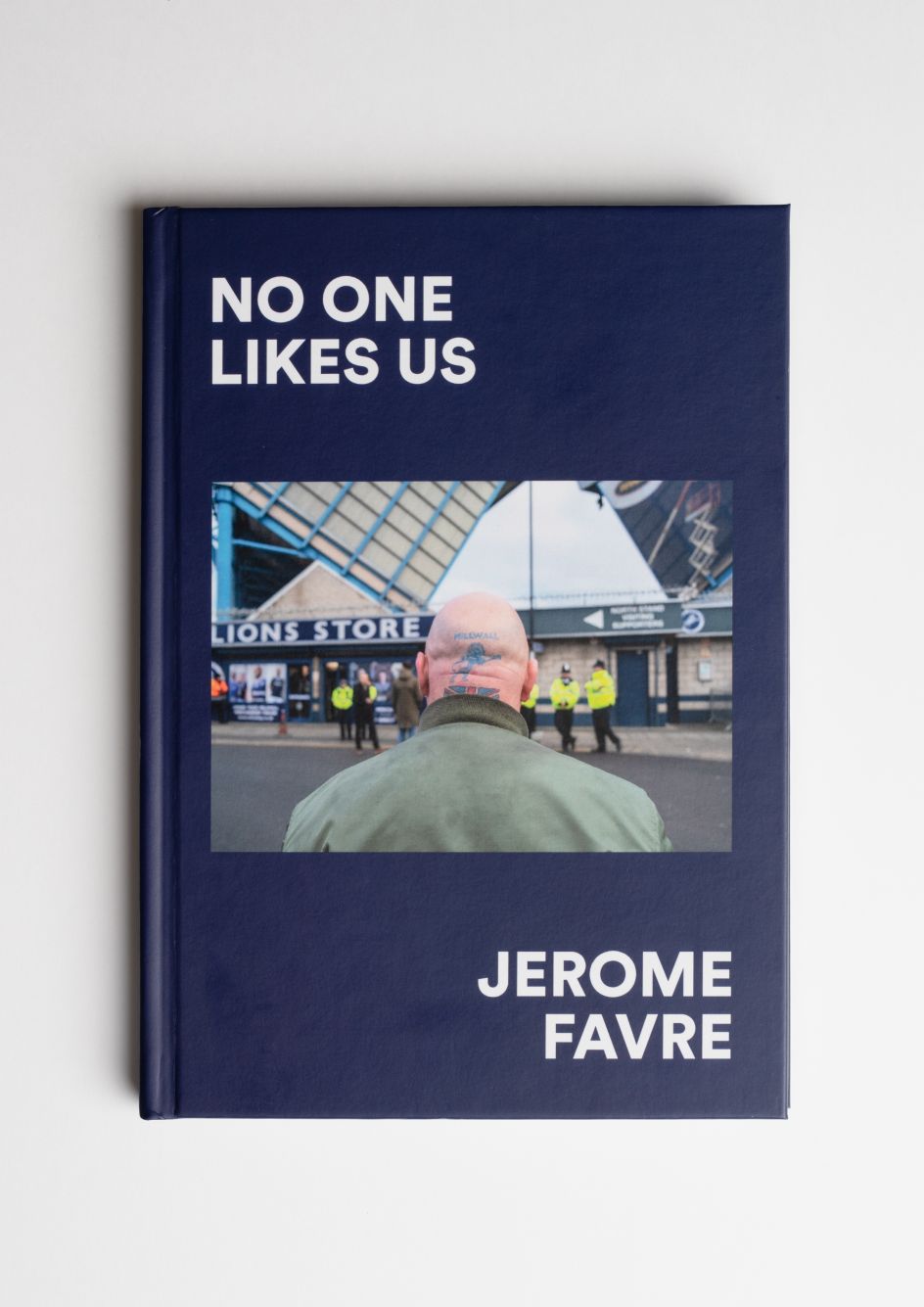
No One Likes Us by Jérôme Favre
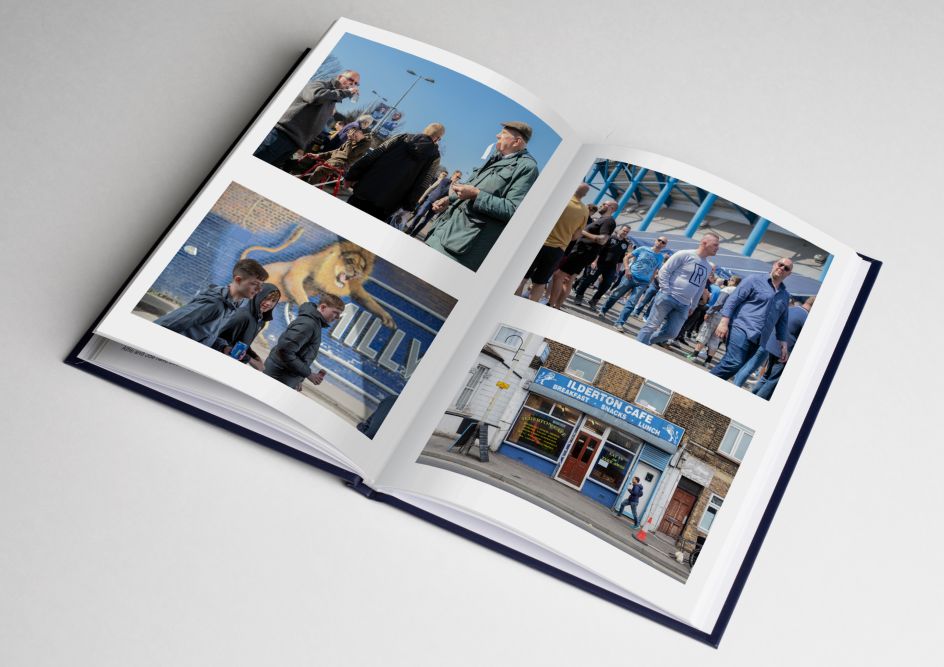
No One Likes Us by Jérôme Favre
But while Millwall's supporters may have traditional values, the world of football is definitely changing around them.
"Whether it's for better or for worse depends on your standpoint. The Premier League, for example, has contributed to a better standard of football and less violence. However, Premier League clubs are run like big businesses, and the tight link between clubs and fan base has sometimes disappeared completely. This is why more people are interested in lower league, grassroots football clubs, where they can find that sense of community again."
And from Jérôme's point of view, ordinary fans are still the lifeblood of the sport. "Football clubs and communities have always gone hand in hand," he says. "Football clubs in this country were usually set up by factories or churches to encourage a sense of community or belonging. Millwall was founded by the workers of JT Morton's canning and preserve factory in the Isle of Dogs. A mining company set up my club RC Lens; for decades, both players and fans were coal miners."
Jérôme has self-published his series in a photo book titled No One Likes Us, which you can buy here. To learn more about the artist, visit jeromefavrephotography.com.




 by Tüpokompanii](https://www.creativeboom.com/upload/articles/58/58684538770fb5b428dc1882f7a732f153500153_732.jpg)


 using <a href="https://www.ohnotype.co/fonts/obviously" target="_blank">Obviously</a> by Oh No Type Co., Art Director, Brand & Creative—Spotify](https://www.creativeboom.com/upload/articles/6e/6ed31eddc26fa563f213fc76d6993dab9231ffe4_732.jpg)








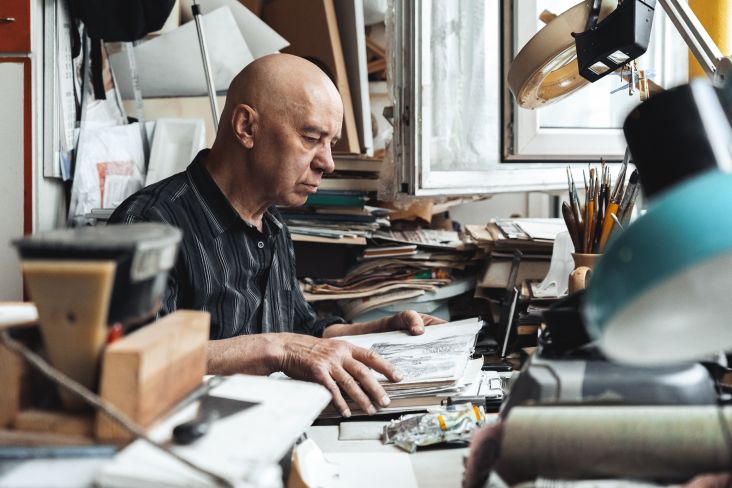
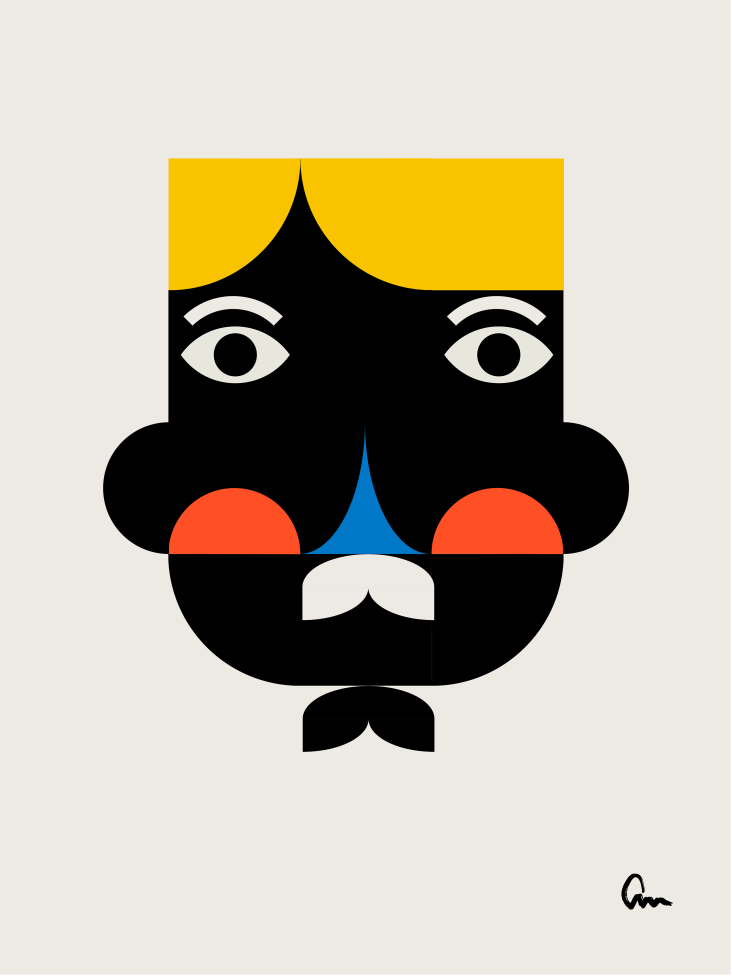
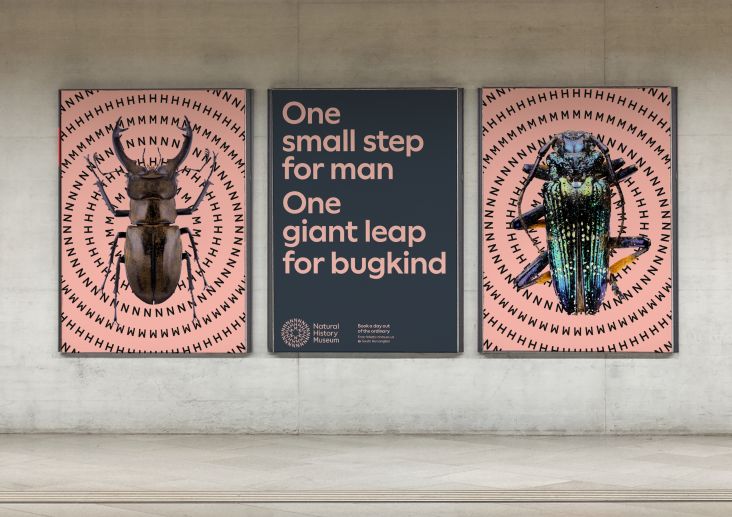
](https://www.creativeboom.com/upload/articles/bc/bca64f0003ea18084a2d90e59bf9bd1b3cb71223_732.jpg)

